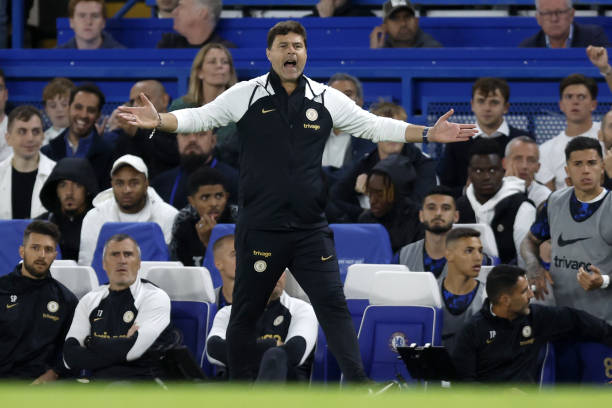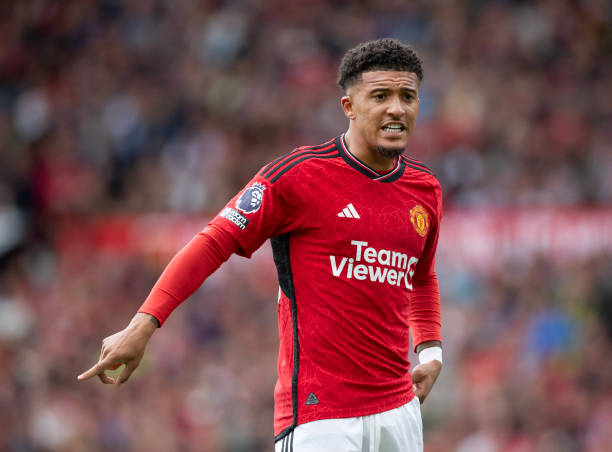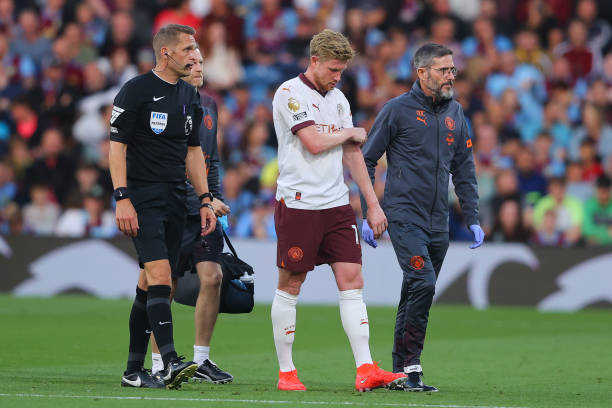Premier League matches this season averaged just 55:18 of action according to the league’s official website in December 2022 after the opening 292 fixtures. Time wasting has been one of the most talked about topics in football this season, with some teams deploying more time management tactics than in previous seasons. While match lengths were up to 98:05 before the Premier League’s restart from the FIFA World Cup break, it cannot be denied games are experiencing far less action and more time-wasting than ever before.
On August 31, I was at Anfield for Liverpool’s come-from-behind 2-1 win over Newcastle United. It was a night in which Liverpool supporters booed and whistled Newcastle’s constant time-wasting tactics. Whether the ball was in the hands of Nick Pope while delaying goal kicks or throw-ins taking minutes to be made, Newcastle tried everything to slow down the game and leave Anfield with a point. In the end, their tactics backfired, as Liverpool scored in stoppage time thanks to some additional time added to the added-on time.
Time wasting hasn’t stopped since the early stages of the Premier League season, and the FIFA World Cup’s large amounts of stoppage time didn’t change things either. The smug powers that be in the English FA that want to keep the status quo simply laughed at those lengthy stoppage times.
There are still conversations going on about how to alter the game and speed up play. Since 2006, the Premier League hasn’t seen more than 56 minutes of action per game. For a 90-minute match, it is hard to believe over 30 minutes of the match sees no action, with the ball out of play, or the preparation for the ball to be put back into play.
FIFA has experimented with ways to speed up the game from kick-ins rather than throw-ins to a clock that counts down from 60 minutes. Football benefitted from rule changes to offsides, the back-pass, and the number of substitutes per match. Would a new rule to speed up matches be all that bad? Here are five possible rule changes that could improve the speed of play and provide fans with more action on the pitch.
A start-stop clock
A 60-minute countdown clock has been experimented with by FIFA. One of the ideas behind a 60-minute clock would be that teams would be forced to play quicker due to games being 30 minutes shorter.
Rather than make the game shorter, why not make matches longer with a clock that starts and stops every time the ball goes out of play, a team makes a substitute, or the referee blows his whistle for a foul?
In the origins of Major League Soccer, the league would allow referees to stop the clock for significant issues such as lengthy injuries. Stopping the clock would prevent teams from time wasting. Too often, the time wasted isn’t actually put on the end of matches with stoppage time. By stopping the clock every time the ball is out of play, a substitute comes on, or a foul occurs, fans could get a real 90-minute match. Modern technology would make it easy to ensure the clock stops when the referee calls for it.
End matches exactly at 90 minutes
Providing teams with stoppage time gives them the chance to waste time during the 90-minute match only to rush for a goal in the added-on time. Instead of giving teams an arbitrary period at the end of the 90 minutes to continue play, why not just stop the game exactly at full-time?
How would this speed up the game and keep the action going? Stopping the clock exactly at 90 minutes would force teams to play quicker to get goals to win the game. The game would potentially be faster.
Teams wouldn’t have the added-on time to try to find a winner. The referee would blow the whistle exactly at 90 minutes, and there would be no arguing over how much time should have been added. Teams will need to be much more aware of how much time is left in a game.
A time-wasting clock
If you have ever watched basketball, you will know that professional hoops have a shot clock of 25 seconds. Teams must get the ball in play and get down the court within that time and put up a shot. Tennis also has a serve clock of 25 seconds to speed up matches.
Football could use a time-wasting clock. Rather than being a shot clock, the time-wasting clock would start every time the ball goes out of play. It would force the goalkeeper to retrieve the ball quickly to take a goal kick, a player to grab the ball and take a throw-in, and free-kicks to be taken far faster than they are currently.
If a player is found to have wasted time, then they will receive a yellow card. Knowing a player could be sent off for two time-wasting clock offences would force teams to get the ball back in play quickly. One of the biggest wastes of time is waiting for teams to set up for free-kicks. Minutes tick off the clock in many of these situations.
Treating injuries while play continues
One of the biggest ways teams waste time is through injuries. Whether they are actual injuries or gamesmanship, players often go down to the ground late in close games clutching a body part.
Referees will then call for a medical team to come onto the field only for the player to get up minutes later and jog off with no problem. Meanwhile, the time that went off the clock is not restored through stoppage time.
In rugby, some injuries are treated while the play continues, with physios running onto the pitch to take care of the injured player. One way to stop time-wasting injuries is for the match to carry on, as the physios attend to an injured play.
Rules could state the player and physios mustn’t interfere with the play while the injury is being attended to. You would be surprised by the number of players no longer going to ground over an alleged injury when the play doesn’t stop.
Penalty kicks to decide draws
Okay, a lot of fans will hate this idea, but why not prevent teams from time wasting when a game is tied by having penalty kicks to decide the outcome? Of course, this would eliminate draws from occurring in football, but it could influence teams to attack more.
Top teams could be more influenced to go for a goal from the start, as they won’t want to go to penalties against a weaker side with the chance of losing the shootout. This idea could also backfire as some teams will play for the penalty shootout and waste time during matches.
To make the penalty shootout more interesting, the Premier League or any other league could adopt the American penalty shootout. You may remember seeing highlights of the American penalty shootout used by the NASL and MLS in its first few seasons. Players dribble from the halfway line toward the goal and go one-on-one with the opposing team’s goalkeeper. It is an exciting way to conduct a shootout.

Must See
-


Champions League
/ 8 months agoChampions League – Matchday 2
Almost in the blink of an eye we reached the second day of the...
-


Premier League
/ 8 months agoThe bad start for Poch’s Chelsea
Since Todd Boehly’s arrival as club owner in the summer of 2022, Chelsea have...
-


Premier League
/ 8 months agoJadon Sancho’s feud with Erik Ten Hag continues
Manchester United winger Jadon Sancho’s time at Old Trafford has been torrid, to say...

